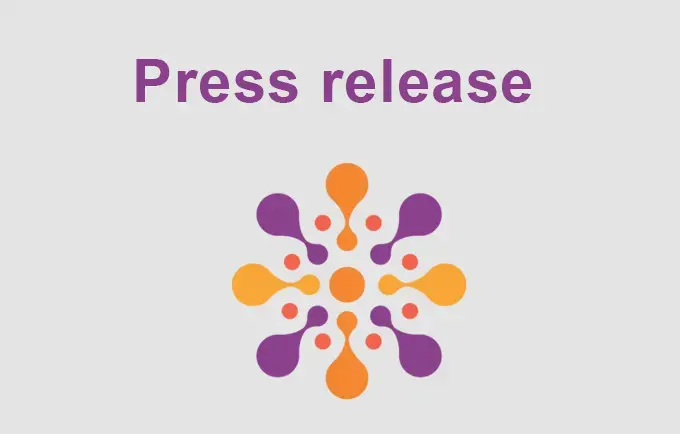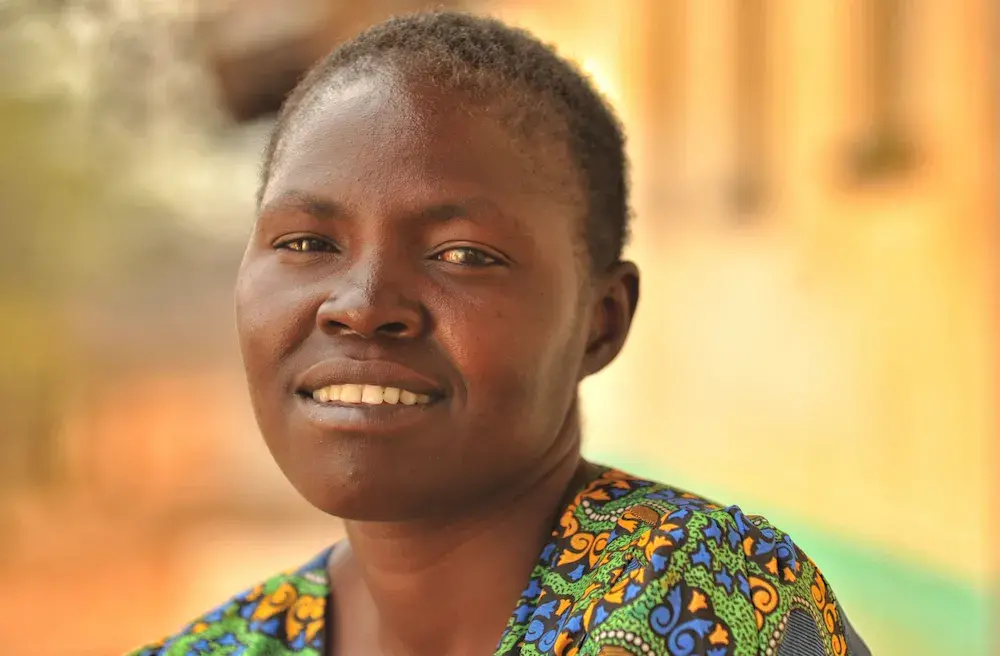United Nations country team funds and programmes – UNFPA, UNICEF, UNDP, and WFP - and Ethiopia 's Ministry of Finance and Economic Development signed on Tuesday 18 April an Annual Work Plan (AWP), kick starting an 18-month $200 million programme for the country's development.
"By adopting a harmonized implementation agenda, the United Nations is taking a major step in delivering as one," said Mekonnen Manyazewal, State Minister for the Minister of Finance and Economic Development, during the signing. "The next step is to deliver – and the major responsibility rests with regional offices and outer bureaus to timely utilize resources so that citizens get access to services, be it water or reproductive health," he said.
A detailed action plan of the US$700 million five-year United Nations Development Assistance Framework (UNDAF), developed in partnership between United Nations agencies, funds and programmes and the government of Ethiopia, in a show of decentralization, it was the first time an action plan of this kind was signed by regional finance and federal line ministry representatives, in addition to the minister.
Consisting of over two dozen projects ranging from governance, to gender, to maternal mortality and water and sanitation, aimed at achieving the Millennium Development Goals (MDGs), the AWP budget represents 5 per cent of the total annual needs of the Ethiopian government for the implementation of its Plan for Accelerated and Sustained Development to End Poverty (PASDEP).
The PASDEP is a strategic framework for the five-year period starting in 2005 until 2010, estimated to cost over US$26.42 billion.
Part of the challenge, said Mekonnen Manyazewal, is getting the implementing government agencies and ministries to report on spending and results in a timely manner. “The UN agencies are accountable to boards – we must respond to the trust they are placing in us by spending and implementing the work programme we agreed upon,” he said.
"The signing of this document and our join commitment to work together to harmonize our development agenda signifies our mutual commitment to the people we serve,” said Monique Rakotomalala, UNFPA Ethiopia Country Office Representative, on behalf of the UN Resident Coordinator.
She said the AWP is particularly relevant within the context of the PASDEP, going beyond the MDGs, and also addressing issues of social inclusion, especially in the context of the participation of women in the country's development, as well as service delivery.
"We are working together with you to make that delivery of services at the local level is a reality,” said Sam Barnes, UNDP Country Director. “Delivering as one is very important to the UN, but more than that, we are delivering as one with Ethiopia ,” she said.
Government and United Nations counterparts have continuously worked together to elaborate both the UNDAF and its sister document, the AWP.
"We have to thank you for asking the right questions, which we had to answer – and as part of this process, we've learned that technical assistance must be country led,” said Bjorn Lindquist, Country Director of UNICEF.
Besides the UNDAF/AWP funds, the Ethiopian government tops up an annual US$3 billion budget with a combination of grants, donations and loans from a wide portfolio of multilateral and bilateral donors, almost reaching the US$6 – 7 billion requirement to run the country. Donors include the World Bank, the African Development Bank, the European Union, with bilateral donors ranging from countries such as the United Kingdom , the United States , Sweden , Japan , Italy , France , and Spain , to Cuba , and Austria , among many others.
"The recommendations contained in the report of the Secretary-General's High-level Panel on System-wide Coherence in the areas of development, humanitarian assistance and the environment ( A/61/583 ), “Delivering as one”, present an important opportunity to address those issues in a comprehensive and consistent manner, to ensure that the Organization can respond to the global challenges of the twenty-first century and play a full and effective role at the heart of the multilateral system.
"Having reviewed and assessed the recommendations put forward by the High-Level Panel, and in the light of the counsel provided by my predecessor, who commissioned the Panel's work, and with the benefit of having engaged in a range of informal consultations on different aspects of the Panel's report, I am pleased to signal my broad support for the principle of a stronger, more coherent United Nations and for the recommendations contained in the report."


